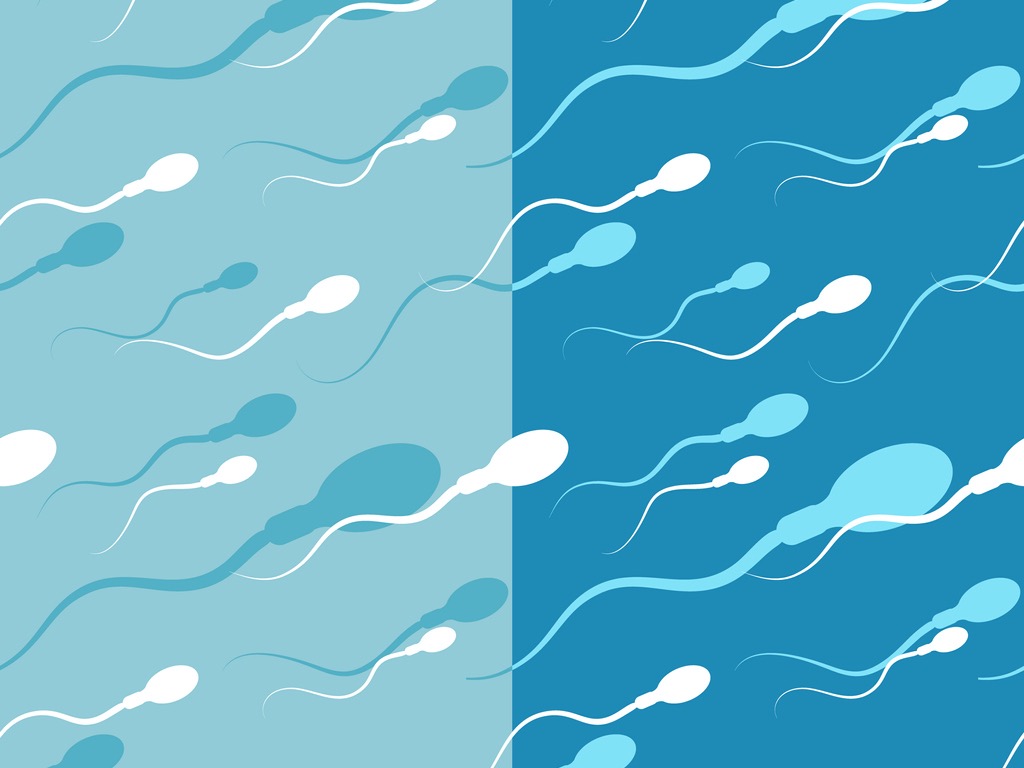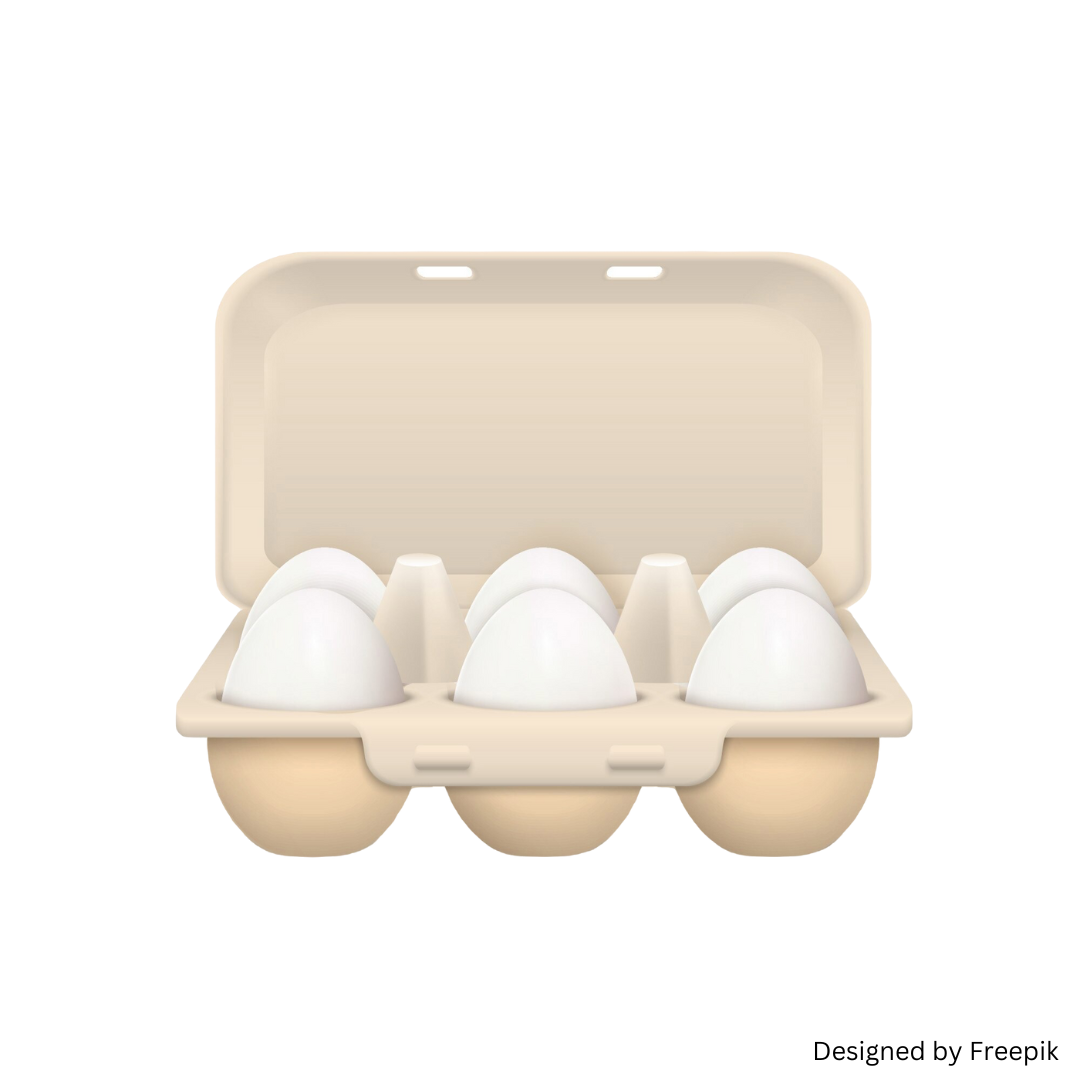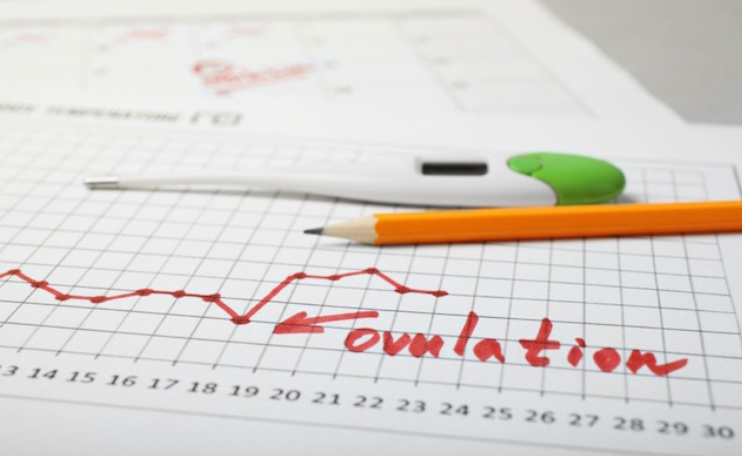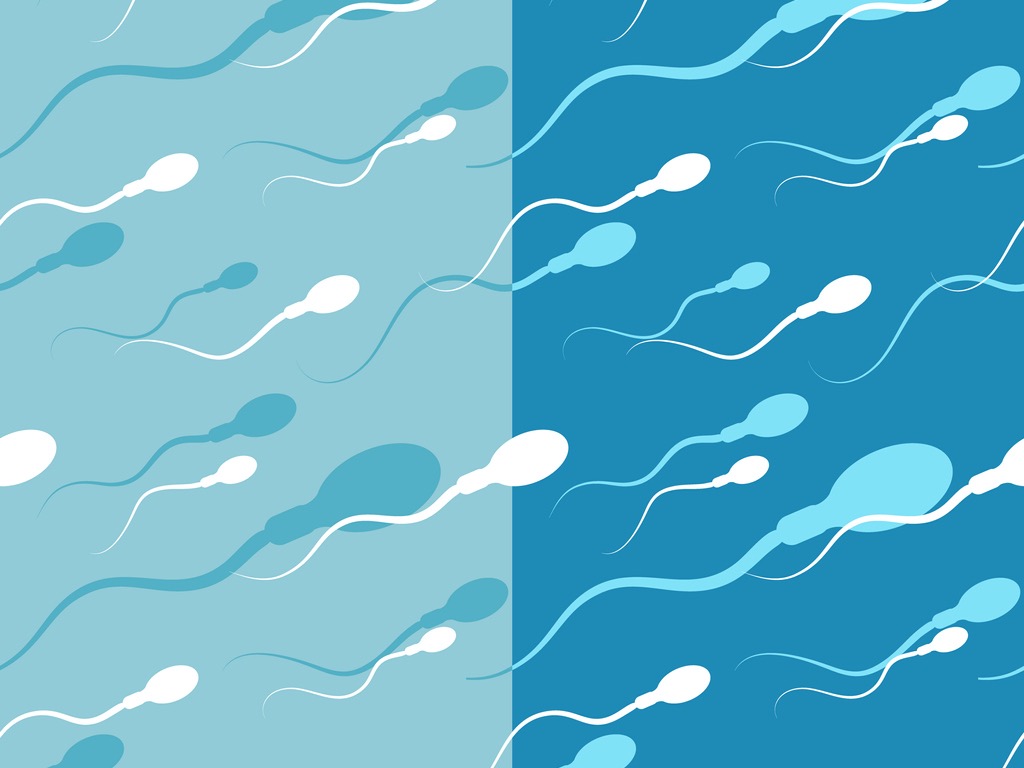Q: How long do women need to be off the birth control pill before they can get pregnant?
A: Generally, women can get pregnant within a month after stopping the pill as this is when ovulation will begin again. It is safe to begin trying right after she stops the pill.
Q: Are there certain positions during intercourse that can help achieve a pregnancy?
A: The position doesn’t matter. You should focus on what feels good. Just make sure that you ejaculate inside your partner.
Q: I’ve had the sexually transmitted infection (STI) chlamydia. Does this affect my fertility?
A: Sexually transmitted infections can negatively affect fertility in both men and women. For both men and women, chlamydia is more likely to affect fertility if the infection is not treated. In men, chlamydia can cause damage to the sperm. In women, untreated chlamydia and gonorrhea can cause a condition known as Pelvic Inflammatory Disease (PID). PID may cause the fallopian tubes to be blocked and affect her fertility. Both you and your partner should be tested for STIs before having sex for the first time.
Q: My partner has had an abortion. Does this mean she can’t get pregnant?
A: Abortions rarely cause infertility in women. Very rarely, abortions may cause scarring in the walls of a woman’s uterus, a condition known as Asherman’s Syndrome. This scarring sometimes makes it more difficult to conceive. Most cases of infertility are related to other medical issues that have nothing to do with a previous abortion.
Q: My partner has been pregnant but miscarried. Is this a cause for concern when it comes to fertility?
A: Having one miscarriage does not necessarily mean that a woman will have another one. Miscarriages are common; they occur in about 25% of pregnancies. Miscarriages are a reason to consult a medical professional.
Q: Sometimes my partner doesn’t orgasm even when I do. Does this affect our chance of conceiving?
A: While a female orgasm may help get the sperm to the fallopian tubes, there is no known link between an orgasm and increased chance of conceiving.
Q: I sometimes use lubrication during sex. Does this affect our chance of conceiving?
Some vaginal lubricants make it hard for sperm to swim, and some may contain spermicides or preservatives that kill sperm or stop it from getting to the egg. So check the labels carefully. Here are some lubricants that are safe to use: canola oil, mineral oil, and specially marketed lubricants that create a friendly environment for semen. If you’re wondering which lubricants you can use, ask your pharmacist.
Q: How many times should my partner and I have sex to increase our chances of getting pregnant?
Don’t worry about how many times you have sex – focus on the timing. Having sex frequently during a woman’s fertile period (during the five days before ovulation) can help improve your chances of conceiving. Click here to learn more about ways to track a woman’s ovulation.












